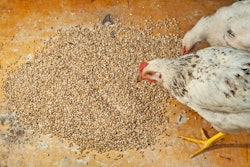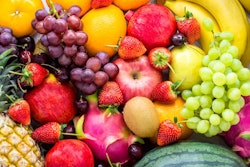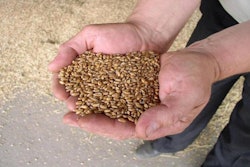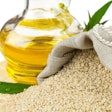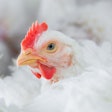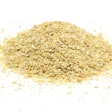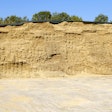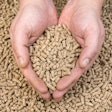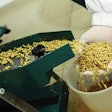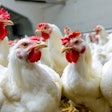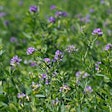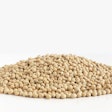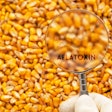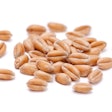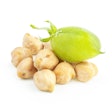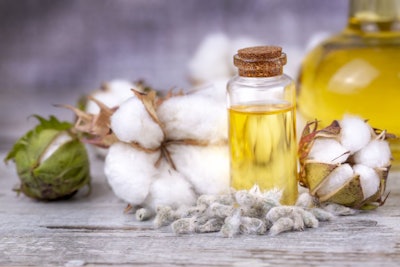
Several qualities of cottonseeds make them desirable for ruminant diets.
There are few countries still producing cotton, with the U.S. being among the top 10. In the EU, only Greece is still producing cotton; the rest of the countries import mainly from India and China (a side effect of farming out its cloth industry).
Cottonseeds are rich in oil, and it is the main destiny of the seeds. Cottonseed oil is an inexpensive oil used extensively to replace other more expensive or less readily available vegetable oils. Cottonseeds contain about 20% oil (DM basis), and this makes them an attractive feed ingredient for ruminants because that oil is not free but encased within the seed cells. As it is well known, free oil tends to cover the surface of fiber components in a typical ruminant feed, and this reduces accessibility to fiber-fermenting microbes in the rumen. In other words, adding free oil in a ruminant ration can reduce fiber (energy) digestibility. This is why cottonseeds are a choice ingredient for ruminant diets, especially for dairy feeds that require high levels of energy.
Cottonseeds contain a considerable amount of lint (residual cotton), that is about 6%, giving a crude fiber concentration of 28% (DM basis), which is mostly celluloses, an easily fermentable and highly desirable family of fibers for ruminants. In addition, the protein content of cottonseeds is about 22% (DM basis), while that of starch and other sugars is insignificant at about 2% (DM basis).
Whole cottonseeds are an interesting package of nutrients that are suitable for ruminants. What makes them an even more desirable package of nutrients is that cottonseeds require no prior grinding for ruminants, reducing their relevant cost compared with other grains that are more difficult to masticate. Of course, there is the problem of handling them because the presence of lint makes them clump together, but in large dairies and feedlots, there are facilities that can store and equipment that can handle even this non-flowing ingredient.
In the market, there is cottonseed meal (oil removed) and delinted whole cottonseeds, but these are distinct ingredients, not considered here where we present the whole cottonseed as a package complete with all nutrients. Of course, nutritionists will have to consider other nutrients too, such as neutral detergent fiber (NDF), acid detergent fiber (ADF), lignin, etc., but that is something they already do with all ingredients, anyway.
There is the matter of allowance in terms of kg per head per day, because too much of anything can and will cause problems. For example, cottonseeds contain gossypol that does not affect ruminants as much as it does non-ruminants (poultry and swine), but the oil, even encased in cells, cannot reach excessive levels. Thus, it is recommended to feed no more than 3 kg whole cottonseeds per adult dairy cow per day. This is a general rule of thumb that needs to be adjusted to ensure milk solids are unaffected. Younger animals should receive less, unless the gossypol content of cottonseeds is very low.


